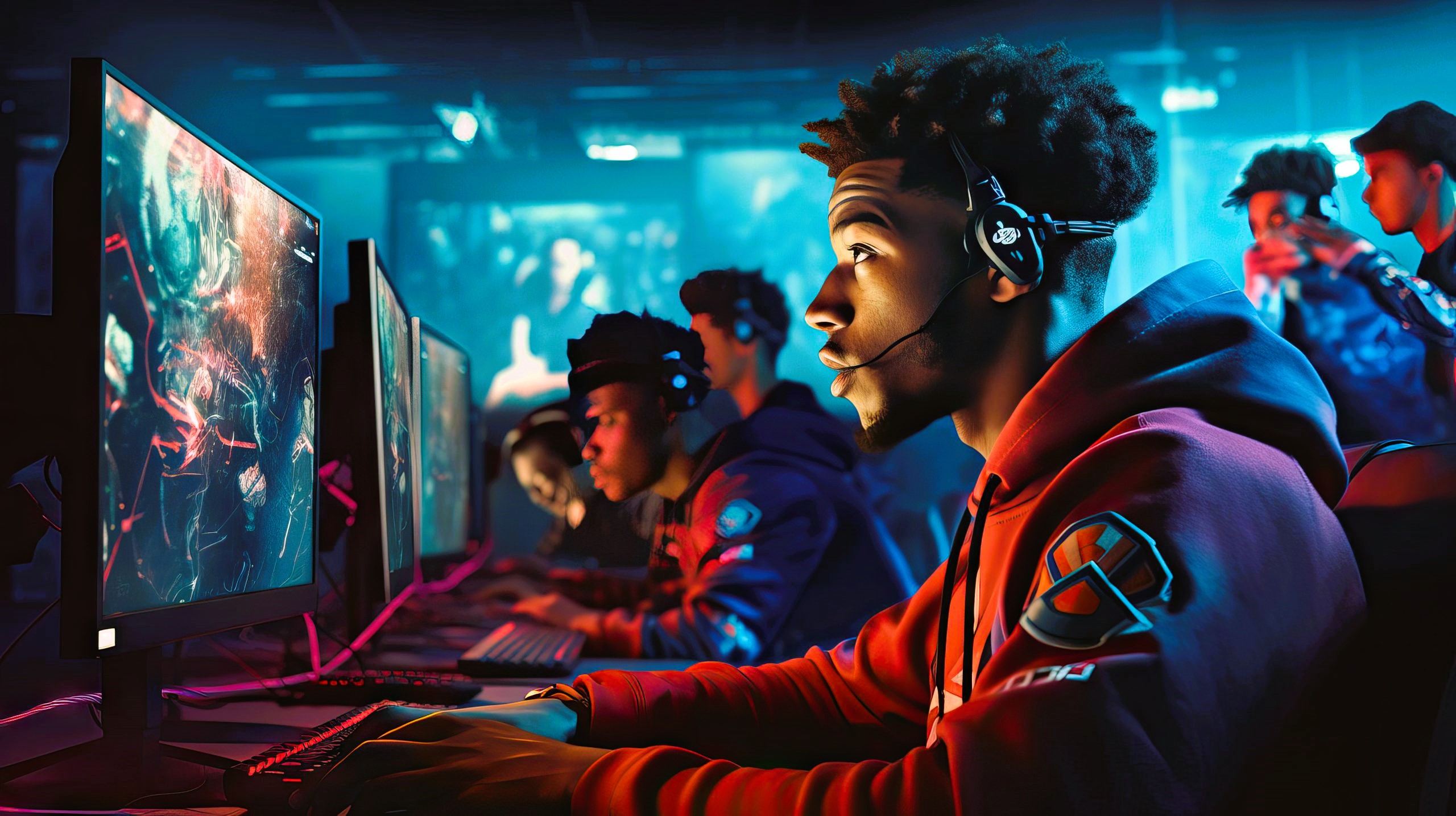In an era dominated by online multiplayer experiences and expansive battle royales, single-player games may seem like a relic of the past. However, they continue to captivate and engage millions of players around the world. As we move through 2024, the relevance of single-player games is not only intact but also thriving. This article explores why single-player games remain an essential and beloved genre in the gaming landscape.
The Essence of Single-Player Experiences
Single-player games offer a unique and immersive experience that multiplayer games often cannot match. They allow players to embark on personal journeys, diving deep into meticulously crafted narratives and worlds. Unlike their multiplayer counterparts, which often emphasize competition and social interaction, single-player games focus on storytelling, character development, and exploration.
Immersive Storytelling
One of the most compelling reasons for the enduring popularity of single-player games is their ability to deliver rich, engaging narratives. Games like The Last of Us Part II, God of War, and Red Dead Redemption II have set new standards for storytelling in interactive media. These games offer complex characters, emotional depth, and intricate plots that draw players into their worlds.
In 2024, storytelling remains a core pillar of single-player experiences. Developers continue to push the boundaries of narrative design, utilizing advanced technology to create more immersive and emotionally impactful stories. For example, Starfield has been praised for its expansive universe and intricate lore, providing players with a narrative-driven experience that is both vast and personal.
Personal Achievement and Progression
Single-player games also offer a sense of personal achievement and progression that can be deeply satisfying. Unlike multiplayer games, where players often compete against others, single-player experiences allow individuals to progress at their own pace. This freedom enables players to tackle challenges and achieve milestones without the pressure of competing against others.
Games like Hades and Celeste are perfect examples of how single-player games reward perseverance and skill. In Hades, players must navigate the underworld, facing increasingly difficult challenges. Each victory feels personal and earned, providing a profound sense of accomplishment. Similarly, Celeste challenges players with its precise platforming mechanics, rewarding them with a sense of achievement as they overcome each obstacle.
The Impact of Single-Player Games on Mental Health
Single-player games have also been recognized for their positive impact on mental health. In a world where multiplayer games can sometimes be stressful and competitive, single-player experiences offer a more relaxed and contemplative environment. Players can immerse themselves in a game world without the pressures of online interactions.
Studies have shown that engaging in single-player games can reduce stress and provide a sense of escape from daily life. Games like Animal Crossing: New Horizons and Stardew Valley offer calming, low-pressure environments that allow players to unwind and relax. These games provide a break from the hustle and bustle of modern life, contributing to overall well-being.
Innovations in Single-Player Game Design

The single-player genre is far from stagnant. In fact, it continues to evolve and innovate, incorporating new technologies and design philosophies. Developers are constantly exploring ways to enhance the single-player experience, using advancements in graphics, artificial intelligence, and narrative design.
For instance, Cyberpunk 2077 represents a significant leap forward in terms of open-world design and player agency. Despite its rocky launch, the game has been praised for its detailed world and immersive storytelling. As technology progresses, single-player games will likely continue to offer increasingly sophisticated and engaging experiences. Learn more about how training with boosters can improve your playing style here.
The Rise of Indie Games
Indie developers have also played a crucial role in keeping the single-player genre vibrant. Titles like Hades, Hollow Knight, and Disco Elysium have garnered critical acclaim for their innovative gameplay and storytelling. These games often experiment with new mechanics and narrative techniques, pushing the boundaries of what single-player games can be.
Indie games also highlight the diverse range of experiences available within the single-player genre. From narrative-driven adventures to challenging roguelikes, indie developers offer unique and creative experiences that cater to a wide array of tastes.
The Future of Single-Player Games
As we look to the future, the relevance of single-player games is likely to remain strong. With advancements in technology and a growing appreciation for rich storytelling and personal experiences, single-player games are poised to continue their evolution. Whether through immersive narratives, innovative gameplay mechanics, or the creative contributions of indie developers, single-player games will undoubtedly remain a cherished part of the gaming landscape.
In conclusion, single-player games continue to captivate players by offering deeply immersive experiences, personal achievement, and a positive impact on mental health. As technology and design continue to evolve, the genre will adapt and thrive, ensuring that single-player games remain a relevant and beloved aspect of the gaming world.
For more information on the history and impact of video games, you can explore resources like IGN for up-to-date coverage and in-depth articles.

